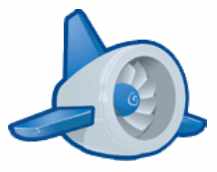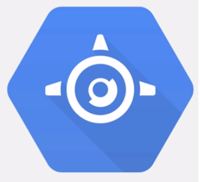| App Engine 1.9.0 Revs Up |
| Written by Alex Armstrong |
| Monday, 03 March 2014 |
|
Google has released App Engine 1.9.0 which brings general availability (GA) of the Modules API, a new MapReduce library for Java developers, and improvements to the PHP runtime. .
With App Engine Modules applications can be split into logical components, where each component has its own set of performance settings, deployments, and versions. This in turn provides applicaton deveopers with improvements in granular cost and performance. With per-Module performance settings, applications can be “tuned” to run more cost effectively. The announcement of the new release expalinsL For example, the F4 instance and low pending latency configuration used for serving frontend traffic isn’t always the same configuration that one might use for batch-like data processing. By utilizing per-Module performance settings, the data processing workload can be configured to run on less expensive F1 instances with a higher pending latency threshold, thus driving down the overall cost of the application. Since each Module has its own set of deployments and versions, DevOps teams can be more agile and efficient, updating or rolling back specific Modules within an application. When there are inter-application dependencies, updates that span an entire set of Modules can be made in lockstep. Integration between Modules is just as easy. All Modules within a given application are able to share services such as Datastore, Memcache, and Task Queues, as well as communicate in a secure fashion via a common auth model that spans the entire application. If you are not already familiar with App Engine this 3-minute video has an overview.
To get started, the App Engine Module docs are available in Java and Python; and samples are also available on GitHub in Java and Python. This version ofApp Engine includes a preview release of the MapReduce library for Java that includes built-in integration with Google Cloud Storage and improved support for large datasets. It's easy to use in that you just import the library into your existing app, implement your map() and reduce() functions, deploy a new Module, and you’re off and running! Source code for two sample projects is provided. Improvements to App Engine for PHP developers mean that the PHP SDK now supports autoloading, which means fewer libraries to include and faster startup times for your application. If you want to include PHP code fragments from Google Cloud Storage, you can now improve the security of your application by restricting file inclusions to a specific directory of a cloud storage bucket. There is also expanded support for working with Google Cloud Storage objects with the new CloudStorageTools::getContentType() and CoudStorageTools::getMetaData() methods. An important bug affecting th the SCRIPT_NAME and PHP_SELF environment variables has been corrected to reflect the typical implementation provided by popular web servers.
More InformationRelated ArticlesGoogle Provides Backend Services With App Engine App Engine Graduates and Charges Apply Google App Engine Go-es Forward To be informed about new articles on I Programmer, install the I Programmer Toolbar, subscribe to the RSS feed, follow us on, Twitter, Facebook, Google+ or Linkedin, or sign up for our weekly newsletter.
Comments
or email your comment to: comments@i-programmer.info
|
| Last Updated ( Monday, 03 March 2014 ) |




